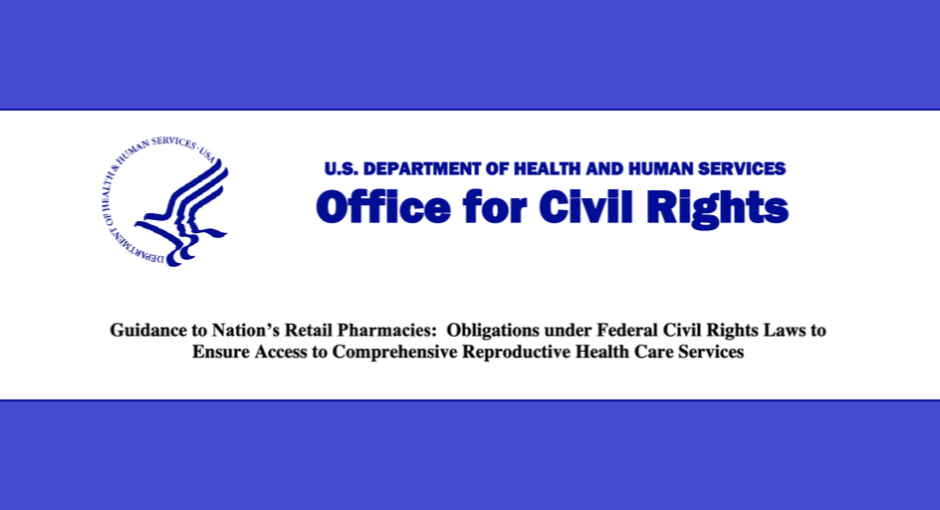The U.S. Department of Health and Human Services issued guidance to retail pharmacies yesterday about their “unique role … in ensuring access to comprehensive reproductive health care services”—including filling prescriptions for drugs that can end or prevent pregnancy.
Mifepristone and misoprostol, which are taken together in a regimen to end pregnancy, are 340B covered outpatient drugs. So are prescribed contraceptives in general. Title X family planning clinics are one of the 16 categories of providers eligible to participate in 340B.
The guidance came about three weeks after the U.S. Supreme Court held there is no federal constitutional right to abortion and that state laws restricting abortion must be upheld if they satisfy a legitimate state interest. The court’s decision, HHS said, will exacerbate maternal deaths, particularly among Black and Native American women.
According to the Guttmacher Institute, 29 states require clinicians who administer abortion-inducing drugs to be physicians. Indiana prohibits medication abortion starting at 10 weeks of pregnancy and Texas starting at seven weeks.
HHS’s new guidance describes scenarios in which refusal to fill prescriptions for medication abortion, contraceptives, or drugs that may be prescribed in connection with abortion may be discrimination based on sex (or disability, if a pharmacy refuses to stock or fill prescriptions for methotrexate, a standard treatment for arthritis).
“As recipients of federal financial assistance, including Medicare and Medicaid payments, pharmacies are prohibited from discriminating on the basis of race, color, national origin, sex, age, and disability in their programs and activities under a range of federal civil rights laws,” the guidance said. “Furthermore, discrimination against pregnant people on the basis of their pregnancy or related conditions … is a form of sex discrimination.”


